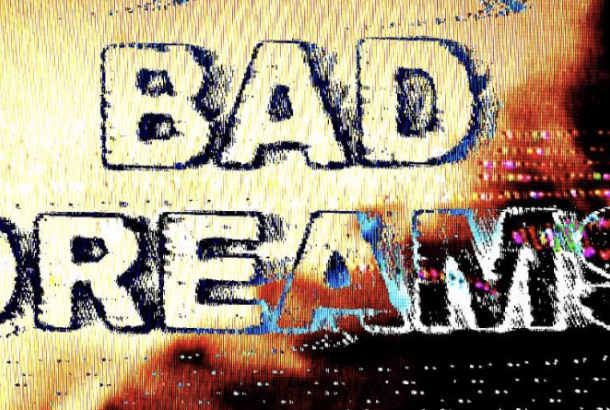Opinion: We Built This Authenti-City On Rock And Roll
In recent years, authenticity is recognised as imperative in the successful careers of a number of artists in popular music. Due to the problematic and multi-faceted nature of the term, does authenticity within popular music actually exist? I think of authenticity as the way in which we seek to understand our existential situation, as well as the freedom to realise our existential possibilities. In a musical sense, it would describe a lucid and truthful awareness of a situation that is accurate in the representation of a genre’s origin. However, is authenticity a goal that can never be fully attained? Is it a futile quest?
The idea of authenticity is built deep into my thinking about rock, as I’m sure it is in yours, especially in comparison to pop music. The ideology of rock—the arguments about what rock means and stands for—has always been articulated more clearly by the fans than by the musicians themselves. As a fan of rock music, I am not merely a consumer or part of a passive audience; I am the meaning-maker of the genre.
The connotations of rock music are such that generic pop music is regarded as the absolute antithesis of what we perceive to be authentic, in that rock musicians create their own music and identities, whereas pop musicians by contrast, are regarded as the puppets of the music industry, performing music composed and arranged by others that pander to popular tastes. The very distinction between pop and rock as genres can be said to be founded on whether the expression of the artist is to be trusted or not. The distinction is thus one between what is authentic and what is commercial.
A less-common perceived feature of music is the notion of sincerity. To be sincere is to sing truly about feelings, thoughts and desires within the musical discourse. Lyrics do not simply reflect how things are, lyrics make things the way they are. The values wrapped up in the idea of authenticity do not exist in the music itself; instead they exist in the lyrics we hear. Thus, what we perceive to be authentic is actually more in line with the idea of sincerity. We misuse the virtue of what is authentic by applying it to what we mean to be sincere.
Sincerity is regarded as a ‘should’ as opposed to authenticity which is regarded as an ‘is’. Sincerity is moving, progressing, and working to improve, whereas authenticity is a stagnant description of the status quo. The idea that authenticity is a musical connection between what artists think and what they sing is a misplaced representation of sincerity. This misrepresentation, however, is what gives authenticity its selling point. It is a precious commodity, and its definition is a way of controlling value, almost as a form of cultural hegemony, in which the dominant figures (the music industry, in this case) present their view of authenticity in such a way that is accepted by us, the masses, as the absolute truth.







